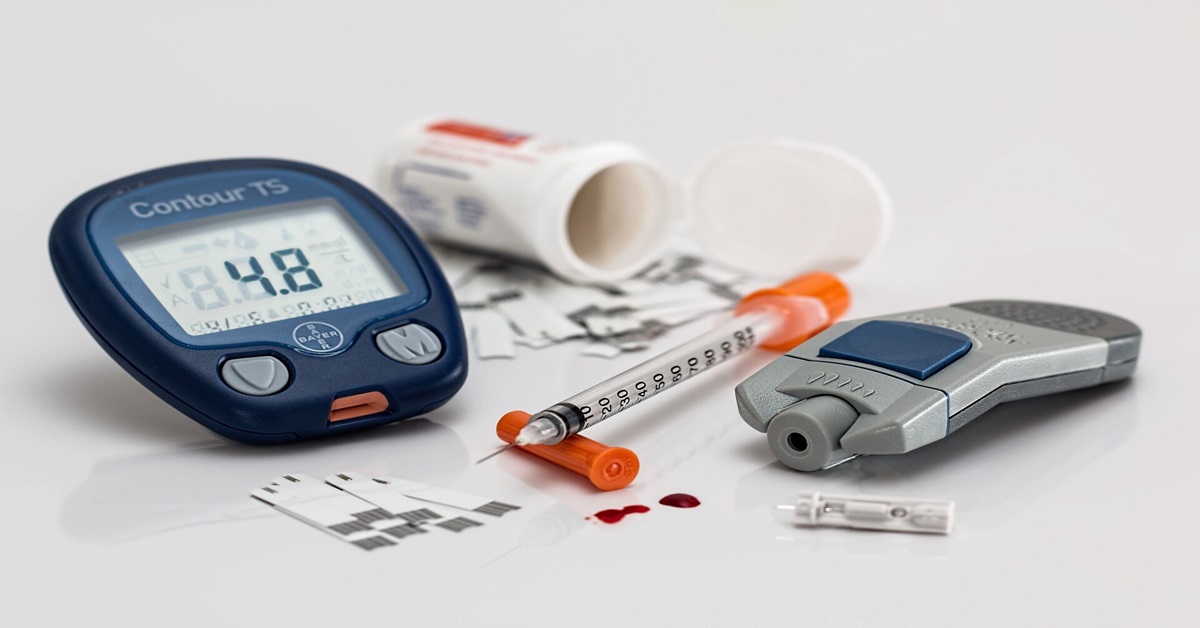Erectile dysfunction (ED) is a common condition that affects millions of men worldwide. It is characterized by the inability to achieve or maintain an erection sufficient for satisfactory sexual performance. This condition can have a significant impact on a man’s self-esteem and relationships. Fortunately, there are various treatments available that can help manage and treat ED effectively. In this article, we will explore the causes, treatments, and lifestyle changes that can help combat erectile dysfunction.
Understanding Erectile Dysfunction
Erectile dysfunction can result from physical, psychological, or a combination of both factors. Understanding the underlying cause is crucial for effective treatment. Here are some common causes of ED:
Physical Causes
- Cardiovascular Diseases: Conditions like hypertension, atherosclerosis, and high cholesterol can impede blood flow to the penis.
- Diabetes: High blood sugar levels can damage nerves and blood vessels, leading to ED.
- Hormonal Imbalances: Low testosterone levels and other hormonal issues can affect sexual function.
- Medications: Certain medications, such as antidepressants and blood pressure drugs, can cause ED as a side effect.
- Neurological Disorders: Conditions like Parkinson’s disease, multiple sclerosis, and spinal cord injuries can disrupt nerve signals required for an erection.
Psychological Causes
- Stress and Anxiety: Mental stress and anxiety can interfere with sexual arousal.
- Depression: Depression can lead to a loss of interest in sex and contribute to ED.
- Relationship Issues: Conflicts and lack of communication with a partner can impact sexual function.
Treatment Options for Erectile Dysfunction
Treating ED often involves a combination of lifestyle changes, medication, and other therapies. Here are some common treatment options:
Lifestyle Changes
- Exercise Regularly: Regular physical activity can improve blood flow and reduce stress, which are beneficial for erectile function.
- Healthy Diet: A diet rich in fruits, vegetables, whole grains, and lean proteins can help maintain good cardiovascular health, which is crucial for erections.
- Weight Management: Maintaining a healthy weight can reduce the risk of diabetes and cardiovascular diseases that contribute to ED.
- Limit Alcohol and Quit Smoking: Excessive alcohol consumption and smoking can damage blood vessels and reduce blood flow to the penis.
Medications
- Oral Medications: Phosphodiesterase inhibitors like Viagra (sildenafil), Cialis (tadalafil), and Levitra (vardenafil) are commonly prescribed to enhance blood flow to the penis.
- Hormone Therapy: Testosterone replacement therapy may be recommended for men with low testosterone levels.
- Injection Therapy: Medications like alprostadil can be injected directly into the penis to stimulate an erection.
- Urethral Suppositories: Alprostadil can also be administered as a suppository inserted into the urethra.
Medical Devices
- Vacuum Erection Devices: These devices create a vacuum around the penis, drawing blood into it and causing an erection. A constriction ring is then placed at the base of the penis to maintain the erection.
- Penile Implants: Surgically implanted devices can provide a permanent solution for ED. There are inflatable and semi-rigid types of implants.
Psychological Counseling
If psychological factors like stress, anxiety, or depression are contributing to ED, counseling or therapy with a mental health professional can be beneficial. Cognitive-behavioral therapy (CBT) is particularly effective in addressing these issues.
Natural Remedies for Erectile Dysfunction
In addition to conventional treatments, some men may find relief through natural remedies. While these should not replace medical treatments, they can be used as complementary approaches:
- Herbal Supplements: Some supplements, like ginseng and L-arginine, have shown promise in improving erectile function. However, it is essential to consult a healthcare provider before starting any supplement regimen.
- Acupuncture: This traditional Chinese medicine practice has been reported to help with ED by improving blood flow and reducing stress.
- Pelvic Floor Exercises: Strengthening the pelvic floor muscles through exercises like Kegels can enhance erectile function and control.
When to See a Doctor
It is important to consult a healthcare provider if you experience persistent erectile dysfunction. They can help diagnose the underlying cause and recommend appropriate treatments. Early intervention can prevent the condition from worsening and improve the overall quality of life.
Conclusion
Erectile dysfunction is a manageable condition with various treatment options available. Understanding the causes and working with a healthcare provider to develop a personalized treatment plan is crucial. Lifestyle changes, medications, medical devices, and psychological counseling can all play a role in treating ED. Additionally, exploring natural remedies under professional guidance can offer complementary benefits. By addressing both physical and psychological factors, men with ED can achieve better sexual health and improved overall well-being.










